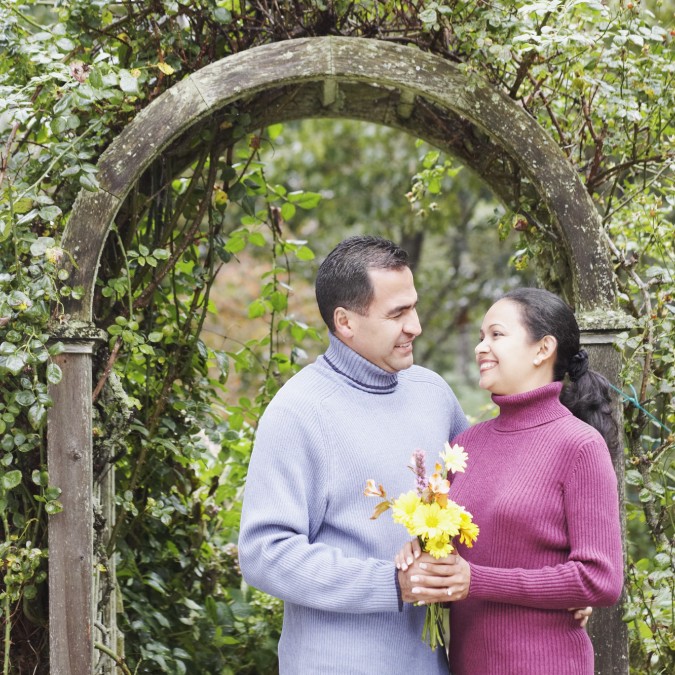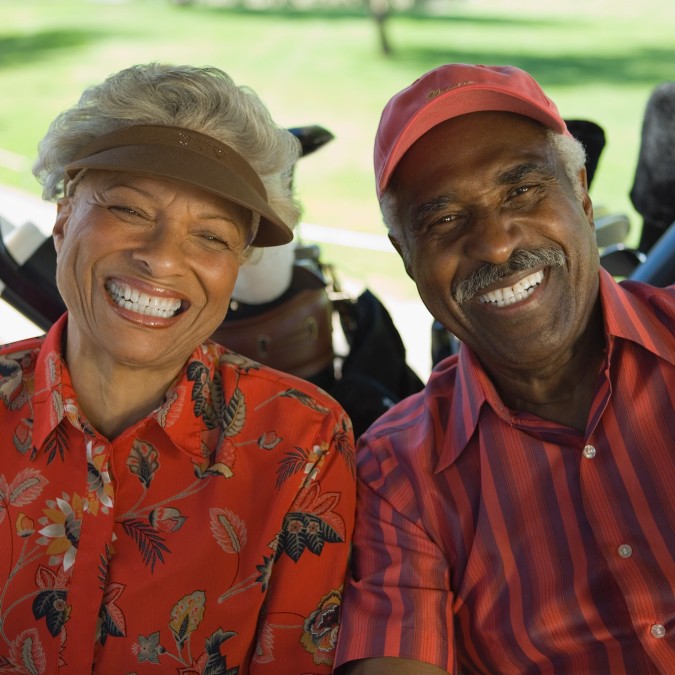In recent years, there has been a noticeable shift in relationship dynamics among Baby Boomers. Traditionally known for embracing the institution of marriage, an increasing number of Boomers are now opting for cohabitation over tying the knot. A study from the National Center for Family and Marriage Research at Bowling Green State University in Ohio found that cohabitation has more than doubled in older adults over the last decade. This trend marks a significant departure from societal norms established decades ago. Let’s explore nine reasons why Baby Boomers are favoring cohabitation as their preferred relationship arrangement.
1. Freedom from Traditional Expectations
Baby Boomers grew up during a time when marriage was often viewed as the ultimate goal in life. However, as societal attitudes have evolved, many Boomers are redefining what happiness and fulfillment mean to them. Cohabitation provides the companionship and intimacy they desire without the perceived constraints of marriage.
2. Financial Considerations
For some Baby Boomers, especially those who have been through divorce or experienced financial setbacks, cohabitation offers a practical solution. Sharing living expenses and assets without the legal entanglements of marriage can provide a sense of financial security while maintaining autonomy.
3. Flexibility in Relationships
Cohabitation allows Boomers to tailor their relationships to fit their individual needs and preferences. Without the formalities of marriage, couples can negotiate the terms of their partnership more freely, whether it involves living arrangements, shared responsibilities, or future plans.
4. Prioritizing Personal Growth
As they enter their later years, many Baby Boomers are focusing on personal growth and self-discovery. Cohabitation offers the opportunity to cultivate individual interests and pursue lifelong passions while still enjoying the companionship of a partner.
5. Avoiding Legal Complications
Divorce can be a complex and emotionally draining process, particularly for older couples with accumulated assets and familial responsibilities. Cohabitation provides a level of emotional security without the legal complexities and potential financial implications associated with divorce.
6. Embracing Non-Traditional Family Structures
The concept of family has evolved over the years, and Baby Boomers are increasingly embracing non-traditional family structures. Cohabitation allows couples to create their own definition of family, whether it includes biological children, stepchildren, grandchildren, or chosen family members.
7. Focus on Companionship
For many Baby Boomers, companionship is the primary motivation for entering into a cohabiting relationship. Whether they have been widowed, divorced, or never married, cohabitation offers the opportunity to share their lives with someone without the pressures or expectations often associated with marriage.
8. Maintaining Independence
Cohabitation allows Baby Boomers to maintain a sense of independence and autonomy while still enjoying the benefits of a committed relationship. Couples can retain their individual identities, hobbies, and social circles without feeling stifled by the constraints of marriage.
9. Changing Social Norms
As societal attitudes toward relationships continue to evolve, cohabitation has become increasingly accepted among older adults. Baby Boomers are less bound by traditional expectations and are more willing to explore alternative relationship arrangements that align with their values and lifestyle choices.
Making The Decision
The decision to choose cohabitation over marriage among Baby Boomers reflects a broader shift in societal norms and individual preferences. Whether driven by personal, financial, or social factors, cohabitation offers a viable and fulfilling option for older adults seeking companionship and connection in their later years. As the landscape of relationships continues to evolve, it’s clear that Baby Boomers are redefining what it means to love and live together in the 21st century.
Read More
10 Signs You’re Neglecting Your Mental Health
These Are the 14 Longest-Running Traditions in America










